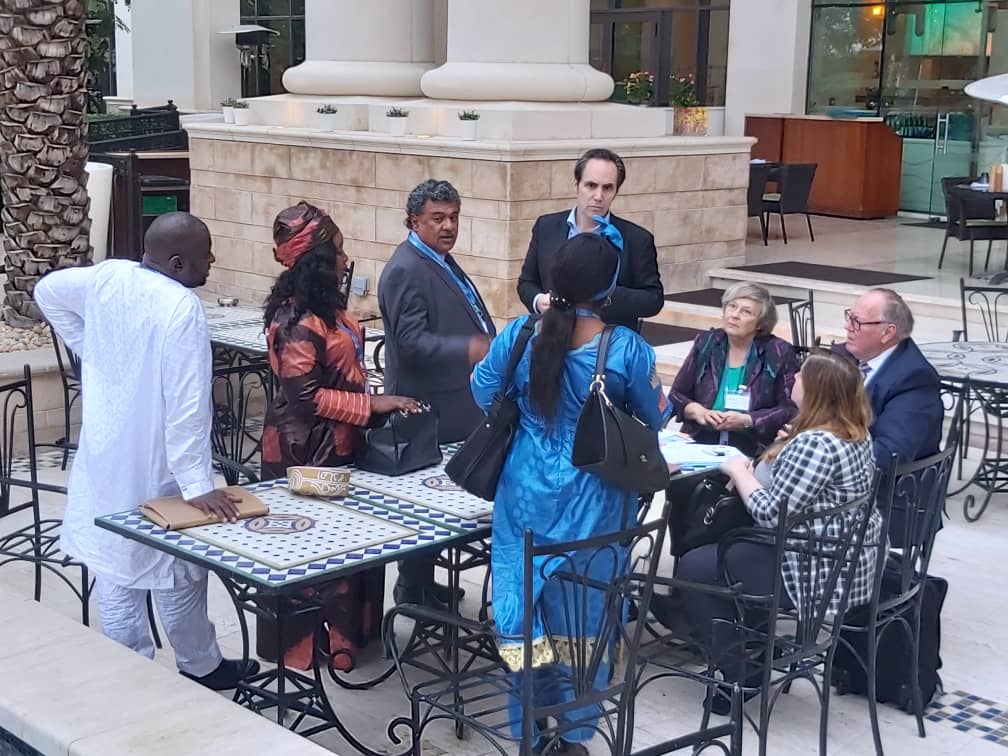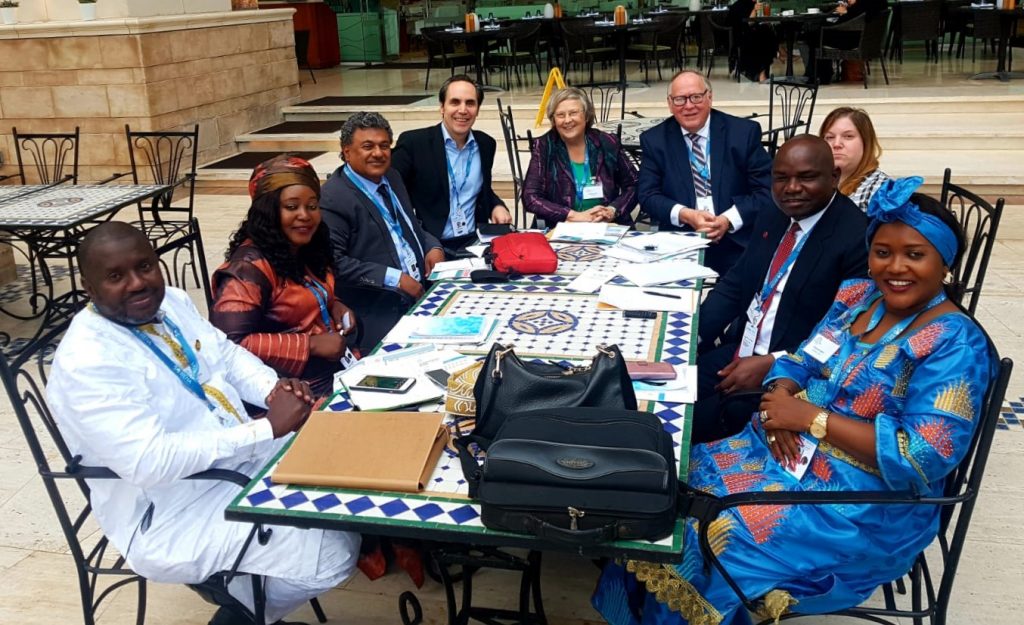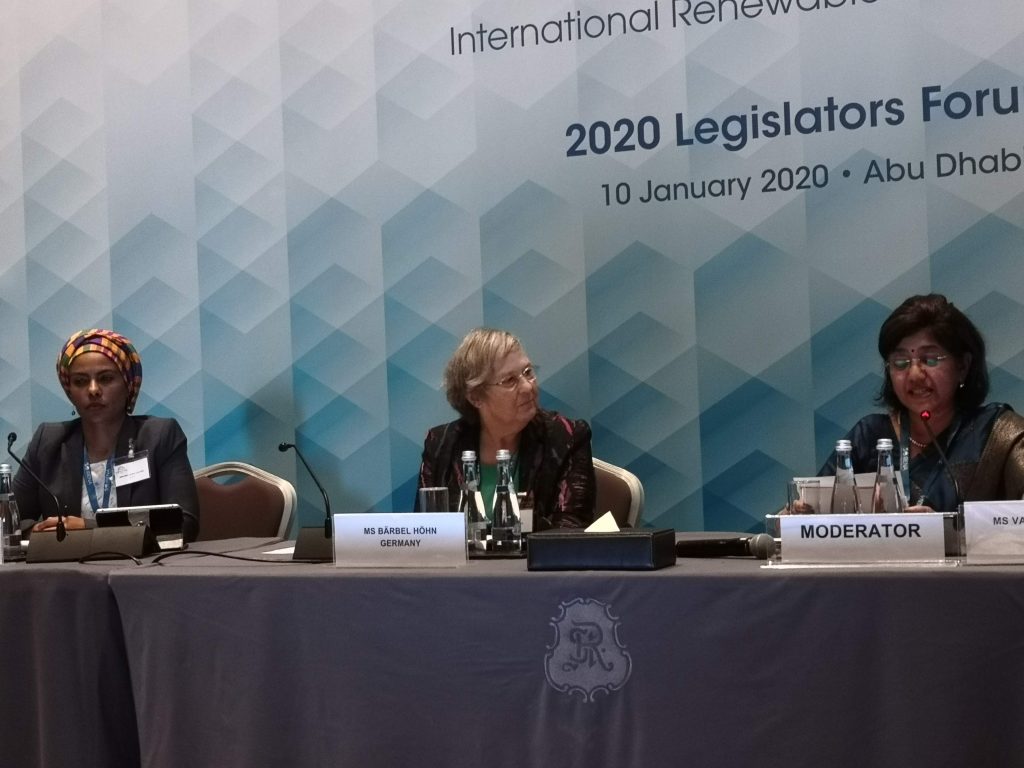Legislators and Parliamentarians hold the key to unleash the deployment of renewable energy
Two global gatherings – same goal – totally different outcomes! The UN climate negotiations – driven by UN member states – at the end of every year and the General Assembly of the International Renewable Energy Agency (IRENA) a few weeks later. Two major intergovernmental meetings that couldn’t be more different, yet they share the same objective: the decarbonisation of our economies, a transformation of the energy sector towards a renewable energy system and limiting global temperature increase below the dangerous 1.5°C.
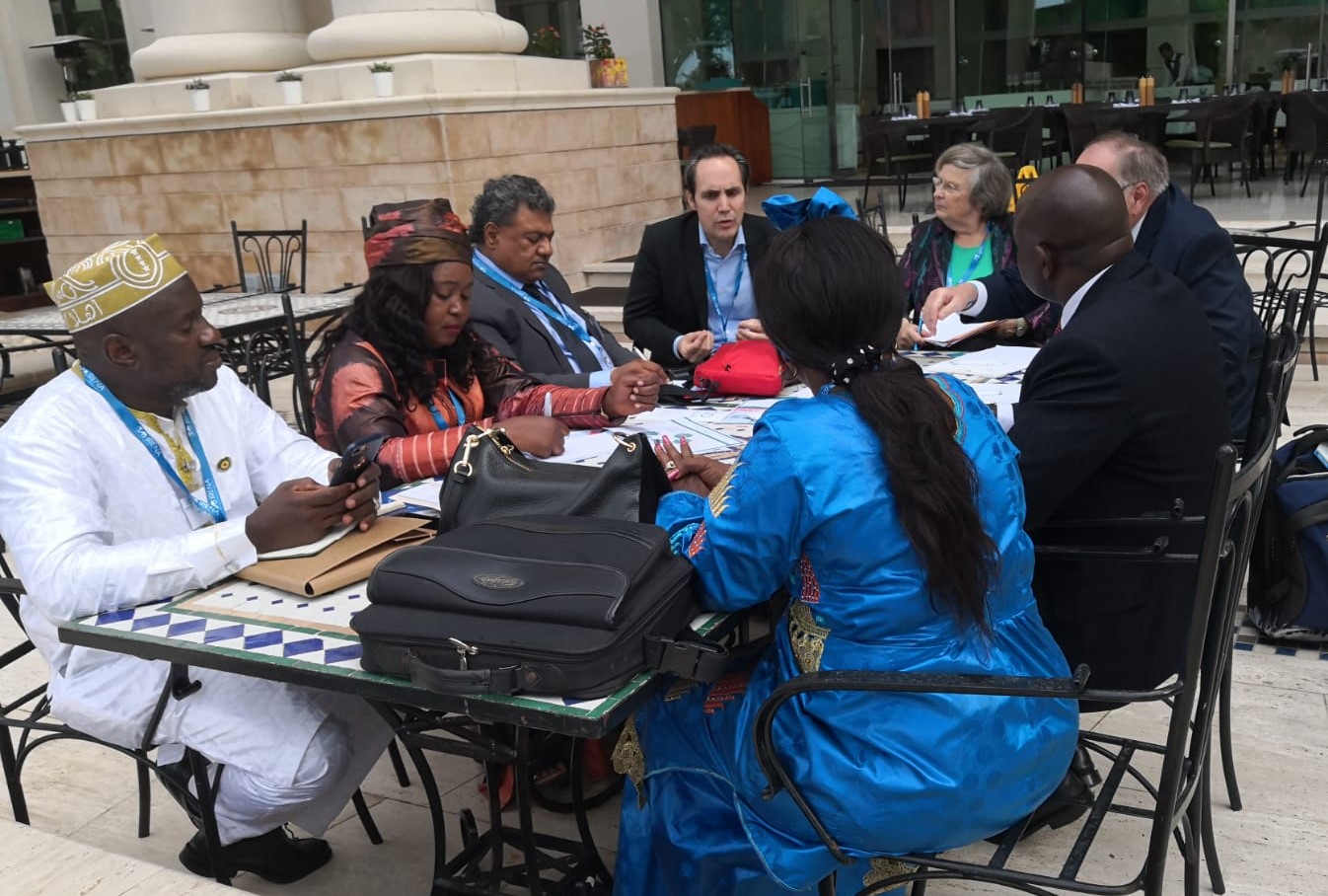
Whilst the UN climate summit is a race to the bottom (reducing climate emission down to ‘net-zero’) the renewable energy summits face a race to the top (upscaling renewable energy towards 100%). Success at the Climate Summits is measured by the level of Emission Reduction Commitments agreed in a joint declaration signed by every UN Member State. For the IRENA Assembly, which has become the world’s most important annual event for everyone working in the field of renewable energy, success means Gigawatts (GW). Gigawatts of installed capacity of Wind, Solar, Geothermal or other types of renewable energy.
Astonishingly enough, these two worlds of climate action and renewable energy are only now beginning to merge. Nevertheless, mechanisms to unlock the full potential of renewable energy harvesting is still playing a subordinate role in the Nationally Determined Contributions (NDCs)[1] of the UN climate regime. According to a recent study by IRENA: Existing NDC power targets overlook at least 59% of the potential for renewable electricity deployment in line with the Paris Agreement by 2030. What’s more, they even fall short of national strategies and plans outlining RE objectives[2].
On the bright side: more than 60% of recent NDCs include concrete plans to step-up renewable energy and pursuit to replace fossil fuel combustion with renewable energies. Negotiators and notorious COP-goers have started to understand the importance of renewable energy markets for mitigating climate change. With the 26th climate negotiations coming to Glasgow in 2020, the UN seems to have difficulties in transforming their “race to zero” to a “race to the top” in large part, due to their focus on a global price on carbon and a global framework for trading CO2-certificates, instead of ensuring a decent development trajectory for wind, solar, geothermal and other types of renewable energy. Fortunately, many cities, regions and countries will continue moving ahead with the energy transition. Key players in this endeavour as Member of Parliaments and legislators who have to ensure an enabling environment for investments in renewable energy. For that reason, the IRENA Assembly hosts an annual Legislator Forum bringing together renewable energy experts and Members of Parliament from all over the world. This year the Global Renewables Congress collaborated with the Legislator Forum and invited a number of Parliamentarians from different parts of the world to attend.
The fact that legislators do indeed play a key role in upscaling renewable energy was the major subject of a very focused discussion at this year’s Legislators Forum. Sessions covered interventions from Ministers and Experts on policies to support the deployment of renewable energy and measures to improve women’s engagement in the renewables sector. The highly energised discussions suggested a strong intention by all participants to remove legislative barriers and to create an enabling environment for investors to upscale renewable energy.
Legislators agreed that they are well-positioned to act in the pursuit and achievement of the energy transition. In addition, they stated that platforms like the Global Renewables Congress (GRC) help to institutionalise a strategic exchange about the uptake of renewable energy are hugely important for their day to day work. Comments did not leave any doubt about the strong political will to further clear the way for a renewable energy transition. Now, capacity building among Members of Parliaments is crucial, to actually convert this political will into political action, because as participants said: every day without converting the energy from the sun and the wind into electricity and therefore creating an asset that lasts, is actually wasted capital.
Background:
The International Renewable Energy Agency (IRENA) is the intergovernmental organisation that serves as the principal platform for co-operation on policy, technology, resource and financial knowledge, and a driver of action on the ground to advance the transformation of the global energy system. IRENA promotes the widespread adoption and sustainable use of all forms of renewable energy, including bioenergy, geothermal, hydropower, ocean, solar and wind energy, in the pursuit of sustainable development, energy access, energy security and low-carbon economic growth and prosperity.
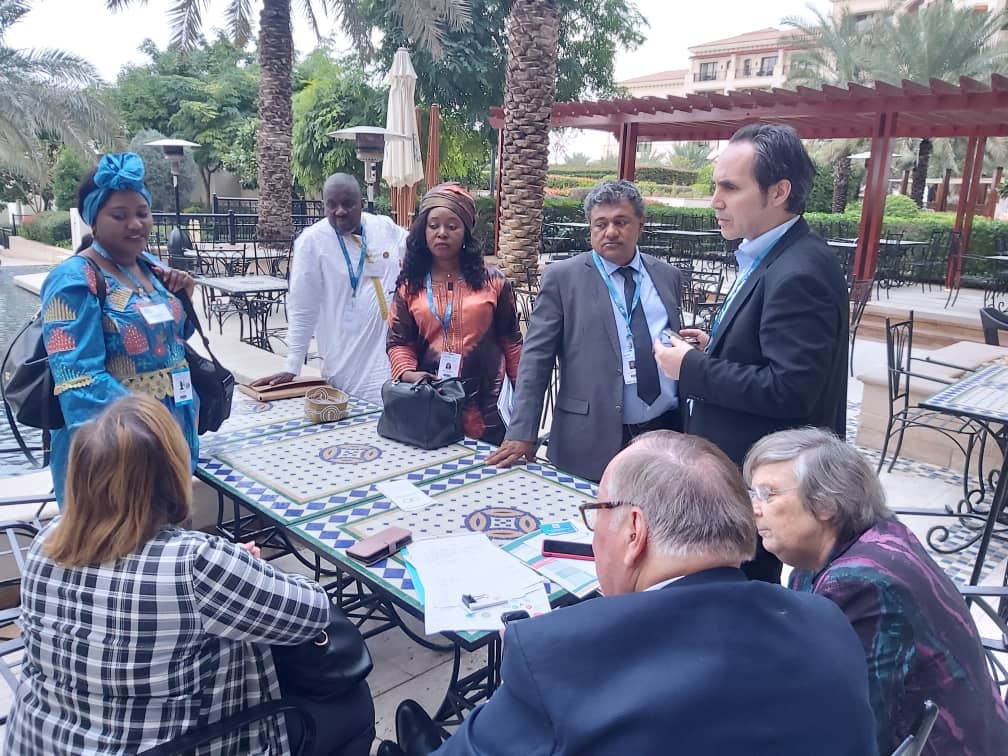
by Stefan Schurig, Strategic Advisor for the GRC
[1] NDCs (Nationally Determined Contributions) are national roadmaps to reduce GHG emissions each country is requested to submit at the UN climate negotiations
[2] https://www.irena.org/publications/2019/Dec/NDCs-in-2020
